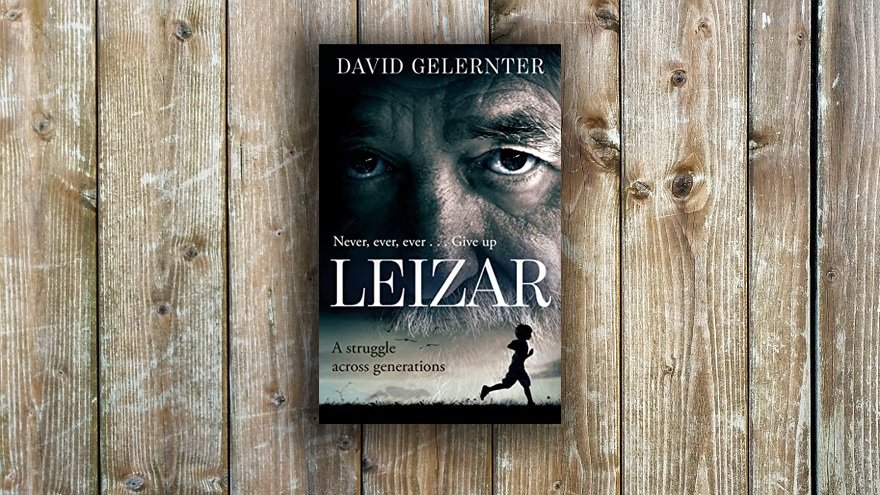This is a novel that traces a Jewish family through several generations from a shtetl in Poland to the big city of Warsaw, and later onward to Scotland, Germany, and England over the course of pogroms and two world wars.
It is marred in the telling by a series of errors that might have been eliminated through more careful research or fact checking. I point out the more obvious ones in the hope that they will be corrected in a second edition.
* Page 50 –Moses and the children of Israel did not wander in the wilderness for 40 days and 40 nights; they traipsed through the wilderness for 40 years. Author Gelernter may have confused the story of the Exodus with that of Noah’s Flood, in which it rained for 40 days and 40 nights or perhaps with the story of Moses receiving the Ten Commandments. He stayed on Mount Sinai for 40 days and 40 nights.
* Page 55 – Haftorahs are read from the Tanakh and not from scrolls like the Torah.
* Page 71 – The phrase “All men are created equal” is not biblical in origin. Thomas Jefferson coined the phrase in the U.S. Declaration of Independence.
* Page 394 – Kristallnacht occurred in November 1938, a year before the beginning of World War II, not during the war.
So, in a book of over 400 pages, why should a few errors matter? Aren’t they overshadowed by the story of the vicissitudes that protagonist Leizar Dumansky and his family overcame and the antisemitism that they had to endure wherever they went? The answer is yes, the overall story is more important. But because of these errors, which most Jewish readers would catch, the story lacks verisimilitude. And when readers feel that a fictional work doesn’t ring true, it loses its impact.
That is lamentable because there are many well-conceptualized, memorable passages in the novel. One, for example, is the story of a kangaroo court formed by police in Leizar’s shtetl in which his brother was found guilty of a capital crime that he didn’t commit and possibly never even occurred. Another is the experience of Leizar’s grandchildren at the outset of World War II when they are packed off to Wales to live with a foster family. Children were removed far from London to protect them from the regular bombing attacks by the German Luftwaffe.
Forewarned about the errors, readers perhaps can enjoy the rest of the novel, much of it extrapolated from the reported experiences of Gelernter’s own ancestors.
Leizar: A Struggle Across Generations by David Gelernter; independently published © 2021; ISBN 9781399-912051; 430 pages including cast of characters and glossary, $18.99.
Republished from San Diego Jewish World


























